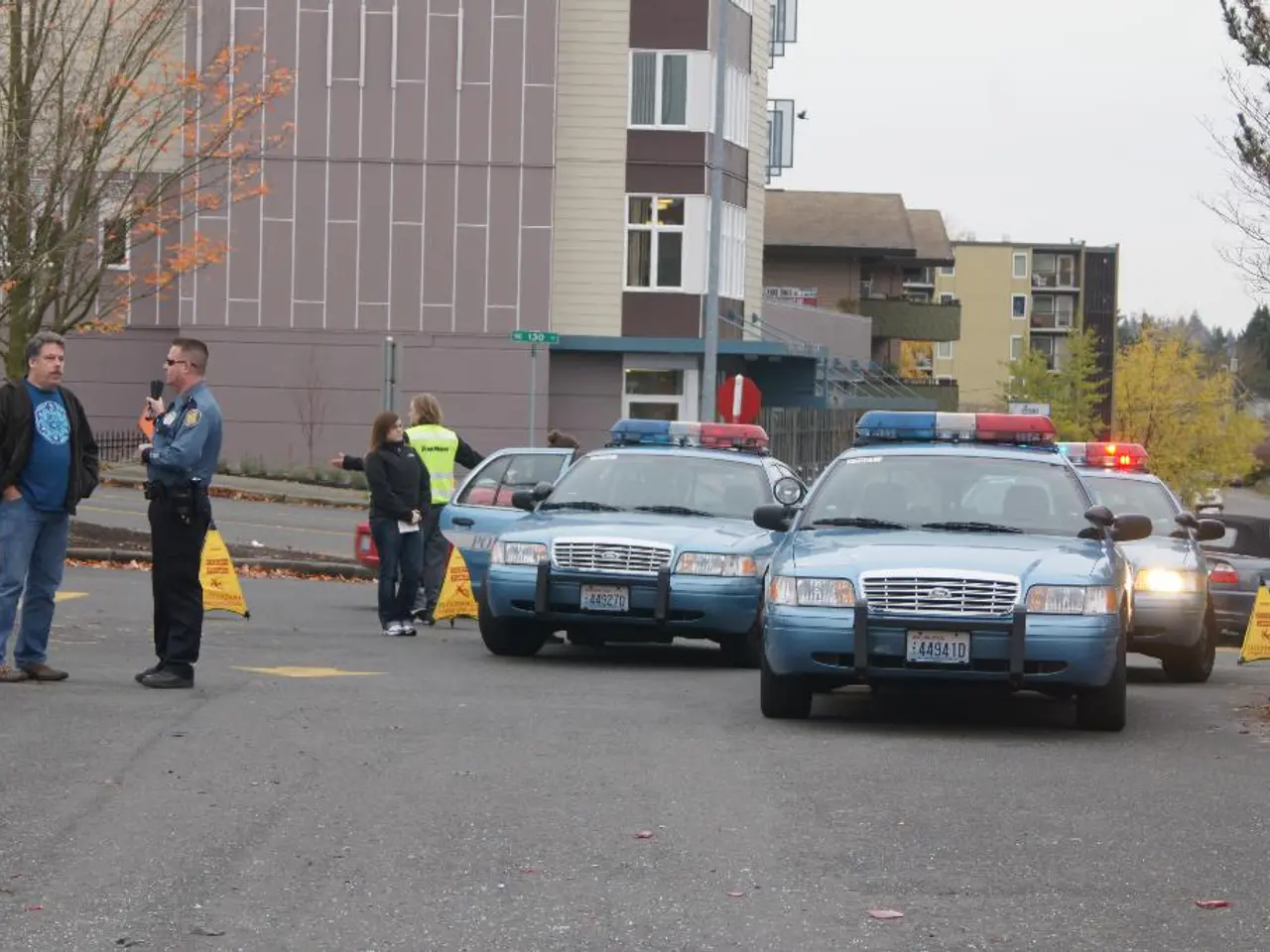Renamed Building Becomes New Venue for National Security Matters
The German government is creating a National Security Council (NSC), housed within the Federal Chancellery and led by a national security advisor appointed by Chancellor Friedrich Merz. This new body aims to centralize and strengthen the country's security and foreign policy coordination, addressing challenges of fragmented decision-making by integrating various ministries and security agencies.
The NSC will focus on a comprehensive approach, with divisions dedicated to integrated situation assessment, strategic foresight, and policy coordination. Compared to other countries' National Security Councils, such as the U.S., Germany’s is a relatively new institution, reflecting the country’s evolving security ambitions and lessons from past foreign policy coordination issues.
Unlike the U.S. NSC, which has long been a central hub for national security and foreign policy advice, Germany’s NSC is designed to work within the institutional framework of the Federal Chancellery to improve coherence among traditionally divided ministries like the Foreign Office and Defense Ministry. This reflects Germany’s historical caution in consolidating security power but now signifies a move toward a more integrated and agile decision-making process in response to increased geopolitical pressures, such as the Ukraine conflict.
The NSC will also include the digital minister as a member, highlighting the new emphasis on cyber security alongside traditional military and diplomatic concerns. The Bundeswehr’s expanding capabilities, including space assets like small satellites, are also part of the broader security context the NSC will address. This wider scope shows Germany's intention to modernize its security architecture to cope with multi-domain challenges, unlike some traditional national security councils that mainly focus on military and diplomatic issues.
The NSC will be responsible for updating the National Security Strategy developed under the traffic light government. The tasks of the Federal Security Council and the Security Cabinet will be transferred to the new National Security Council. The NSC will bring together information on internal, external, digital, and economic security, and representatives of German security authorities, federal states, the European Union, or NATO can also participate.
The NSC will meet during crises and develop strategies for threat scenarios. Decisions of the NSC can be made public, and experts from think tanks, foundations, and academia will support the NSC in its strategic work. The meeting of the Federal Cabinet on August 27 will take place at the Ministry of Defense in Berlin, and the rules of procedure for the National Security Council will be adopted at this meeting.
In addition to the NSC, there are plans for a National Crisis Staff of the Federal Government and a National Situation Center in the Federal Chancellery. Other government members can be involved on an ad-hoc basis. The chair of the National Security Council will be the Federal Chancellor, Friedrich Merz. A staff unit for the National Security Council will be set up in the Federal Chancellery, creating 13 new positions.
The NSC is intended to overcome "silo thinking" in the federal government and security authorities, serving as the "hub" where security is thought of in a networked and integrated way, creating situation pictures and preparing information. The establishment of the National Security Council represents a significant shift for Germany's security policy structure, aspiring to a coherent and proactive security framework modeled partly on but distinct from the structures in other major powers.
- The National Security Council (NSC), a newly established body in Germany, will include the digital minister as a member, indicating an increased focus on cyber security and modernizing the country's security architecture to address multi-domain challenges, such as those posed by small satellites under the Bundeswehr's expanding capabilities.
- In addition to addressing traditional military and diplomatic concerns, the comprehensive approach of the German NSC also encompasses general-news topics, like internal, external, digital, and economic security, reflecting the country's aspiration for a coherent and proactive security framework that parallels but diverges from those in major powers.






